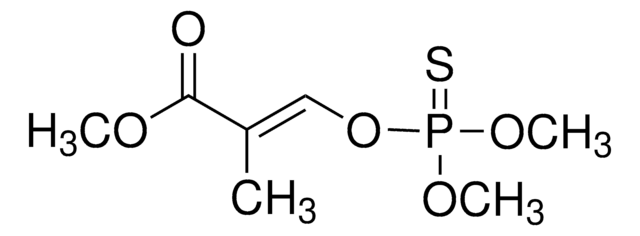47858
Thiamine Hydrochloride (B1)
analytical standard
Synonym(s):
Thiamine hydrochloride, Aneurine hydrochloride, Vitamin B1 hydrochloride
About This Item
Recommended Products
grade
analytical standard
Quality Level
CofA
current certificate can be downloaded
feature
standard type water soluble vitamin
packaging
ampule of 1000 mg
technique(s)
HPLC: suitable
gas chromatography (GC): suitable
mp
250 °C (dec.) (lit.)
application(s)
pharmaceutical (small molecule)
vitamins, nutraceuticals, and natural products
format
neat
storage temp.
2-30°C
SMILES string
CC1=NC(N)=C(C[N+]2=CSC(CCO)=C2C)C=N1.Cl.[Cl-]
InChI
1S/C12H17N4OS.2ClH/c1-8-11(3-4-17)18-7-16(8)6-10-5-14-9(2)15-12(10)13;;/h5,7,17H,3-4,6H2,1-2H3,(H2,13,14,15);2*1H/q+1;;/p-1
InChI key
DPJRMOMPQZCRJU-UHFFFAOYSA-M
Looking for similar products? Visit Product Comparison Guide
General description
Application
Recommended products
Signal Word
Warning
Hazard Statements
Precautionary Statements
Hazard Classifications
Eye Irrit. 2
Storage Class Code
11 - Combustible Solids
WGK
WGK 1
Flash Point(F)
Not applicable
Flash Point(C)
Not applicable
Personal Protective Equipment
Choose from one of the most recent versions:
Already Own This Product?
Find documentation for the products that you have recently purchased in the Document Library.
Customers Also Viewed
Protocols
Separation of Pyridoxine Hydrochloride (B6), analytical standard; Thiamine Hydrochloride (B1), analytical standard
Our team of scientists has experience in all areas of research including Life Science, Material Science, Chemical Synthesis, Chromatography, Analytical and many others.
Contact Technical Service






